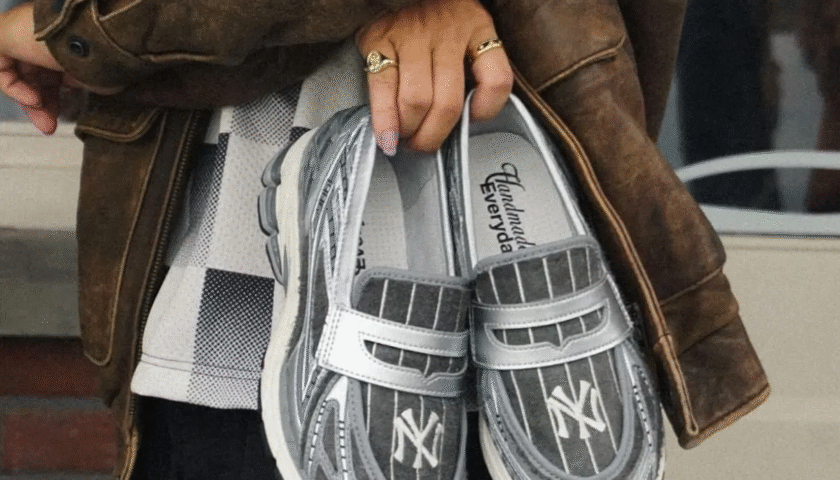NEW YORK, Aug 30 (index treasure) – The new school year is still days away. But, student protesters have already returned, noisily, to Columbia University in New York. It is the epicenter of a pro-Palestinian protest movement that spread to schools worldwide this spring.
About 50 protesters marched on the sidewalk Sunday evening. They blew whistles, banged drums, and clanged pots, pans, and the closed campus gates. They shouted pro-Palestinian chants. Above them, a police drone hovered.
Inside the gates, over 1,000 new Columbia undergraduates had gathered for a convocation. Dr. Katrina Armstrong, Columbia’s new interim president, spoke over the protesters. She told the new students of her vision: a campus for open debate, where no one feels excluded.
Columbia administrators hope to avoid a repeat of this year’s protests. In April, hundreds of armed police raided the campus. They arrested over 30 student protesters who had barricaded in a building.
She has been interim leader since Minouche Shafik resigned as president this month. Shafik faced criticism for her handling of the protests. This included a no-confidence vote by Arts and Sciences faculty. They were angry at her decision to call in police to arrest students.
Pro-Palestinian protests have been led by Columbia University Apartheid Divest (CUAD). It is a coalition of student groups. They demand the school stop investing in companies that support Israel’s occupation of Palestine.
Over the summer, mediators had little success in reviving talks between Columbia and CUAD, said Mahmoud Khalil, a Palestinian graduate student and CUAD’s chief negotiator.
The university should treat the students as students, not a threat to Columbia, he said. Columbia declined to interview its officials. A spokesperson also declined to discuss the talks with CUAD.
CHANGES TO CAMPUS
As faculty and students return to Columbia before Tuesday’s classes, they see new restrictions and changes to its campus.
The once-yellowed, hedge-lined south lawns are now lush and green. Public safety officers guard the entrances. New signs say camping is banned by school rules.
A new access system has closed campus gates that were open for decades to the city. Guards now allow entry only to those with a Columbia ID and pre-registered guests.
Most days, CUAD students set up a small table draped with a Palestinian flag at one of the main campus entrances. They hand out flyers and pamphlets, some aimed at new students.
Officials have set up fences and gates on wheels across campus. They can be rolled across walkways to cordon off small areas. A group of senior officers from the New York Police Department inspected the cordons during a campus tour last week.
Mariam Jallow, the new elected president of the Columbia College Student Council, is optimistic about the new leadership.
“It’s a fresh start that we really need,” Jallow, a history major, said of Armstrong. “She doesn’t have a lot of the burdens that President Shafik had, and there’s still a lot of grievances and grudges held from last year.”
Jallow, who is not part of CUAD, said it was hard to represent a diverse group of students. But, he noted that CUAD’s main demands, formed in 2016, had long had broad support among students at Columbia’s main undergraduate school. In 2020, CUAD called for a referendum of Columbia College students. About 60% voted to support divesting from Israel. That rose to about 76% in an April referendum.
Over the summer, Columbia administrators continued hearings for over 60 students, including Khalil. They were accused of breaking campus rules by joining CUAD protests.
Some students say the university is dragging out the investigations to discourage protests. A Columbia spokesperson said the school was “working to expedite” the investigations.




